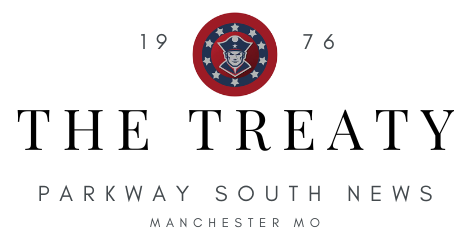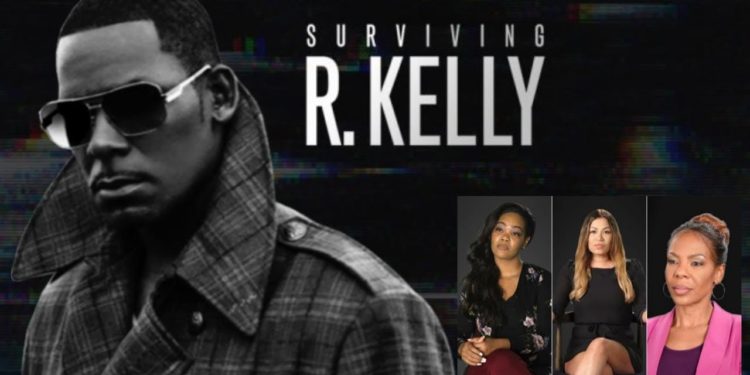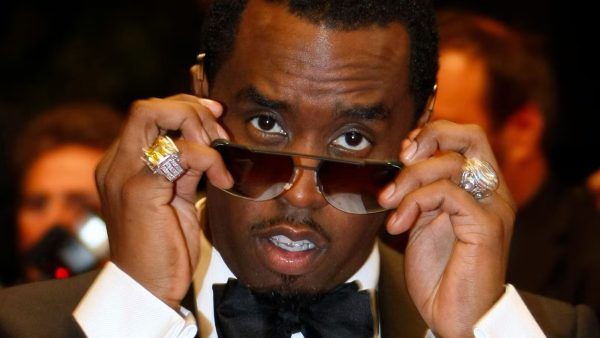Misconduct in the marketplace
Consider the behavior of celebrities before supporting them.
Whenever I open Twitter, it feels like I’m spinning a roulette wheel with every artist or celebrity’s face in a slot, waiting for the little ball to land and a new scandal to be revealed.
We live in a world of unfathomable interconnectedness, and the public eye is more scrutinizing than ever. When I heard of the “Surviving R. Kelly” on Netflix, it made me wonder how long until the artists I love become the target of some exposé, and if they are, how should I react? Should I stop consuming their media? Should I throw my razor in the toilet, set ablaze my socks, or just continue repping Gosha sweats and bumping Tay K? This aspect of ethical consumption is a problem that I believe should be approached on a medium-by-medium basis.
The main conflict of interests lies in liking someone’s product, but not the person or what the person’s actions stand for. For film and television, I believe that it is mostly okay to continue consuming media if one of those involved has done something unethical. These visual works are a multi-faceted endeavor, and if a fellow actor is involved in scandal it can hurt many amazing and innocent artists who were unfortunately working with that individual. Further, since the money is so spread out, and actors have already received their pay for their work, watching or not watching a movie or T.V. show will not further add or detract significantly from their paychecks. Kevin Spacey is a great actor, but many have come out and accused him of being a child predator and overall sexual deviant. Should we hate House of Cards now? Microwave our discs of American Beauty? No, as it wouldn’t hurt him any more than the backlash and excommunication he has already received has.
Fashion is to me the most obvious example of where it is not okay to continue consuming the art. The most influential fashion designer that comes to mind here is Gosha Rubchinskiy. Gosha has been an influential designer in the fashion world, having been around for over a decade now, and he has a number of collaborations with big names like Comme des Garcons, Burberry, and Adidas. He can also be cited as potentially the progenitor of subculture case studies in fashion, with innovative collections and runway shows that highlight the life and art of a post-soviet youth. Yet he has been shown to groom and prey on his underage male models. So with all these prestigious accomplishments under his belt, should consumers stop wearing his clothing? I believe this answer is yes. Proudly flexing the name of a predator is not equatable to privately enjoying the work, as one would with a film, especially since purchasing the expensive clothing they produce gives them quite the financial bump as well.
The biggest gray area lies in music. For many genres such as horrorcore hip-hop, outlaw country, and black metal, the questionable character of the artist is a big part of the authenticity and appeal of the work. If Varg Vikernes didn’t kill someone and burn down a church, his music probably wouldn’t be as intense and genuine to the listener, and the same kind of statement can be made about Big L, Slick Rick, and David Allan Coe. Without the realism and image as listeners that we have in our heads of these artists, then the music just really would not be the same. R. Kelly is the most important recent example of a musician with some serious criminal baggage. It is undeniable that one should avoid supporting a child-sex-trafficker. This is a fairly simple task, since R. Kelly’s music is garbage anyway: just don’t listen to it, buy it, or wear merchandise for it.
For artists of some actual merit, however, this question is harder to answer. Tay K’s “The Race” is one of my favorite hip-hop singles of 2017, yet it was written while Tay K was on the run from the police after killing an old man in cold blood. The song went platinum, and #FreeTayK got spread on social media. I do not want to support someone who kills old people for fun, but I do want to keep listening to “The Race.” This is a dilemma, as streaming or buying the song contributes to Tay K’s bottom line. How should I continue to consume this media ethically? The answer is that I shouldn’t, but I believe that the most ethical way would be to pirate the song and listen to it without ever having to support the artist. Even though spotify streams make up less than a penny a stream, it still helps the artist in some way.
For deceased artists, I find it a non issue. Consumption of almost any classical author or artist would involve consuming art created by one who does not meet today’s ethical standards. Society has made great progress, but we can still look to the past and learn from it.
Overall, the clash of our conscience and our consumption is a uniquely modern problem. We all need to be more conscientious to make more ethical decisions in our consumption of all forms of media. The best way to do this is simply to stay informed through reading and watching the news.







